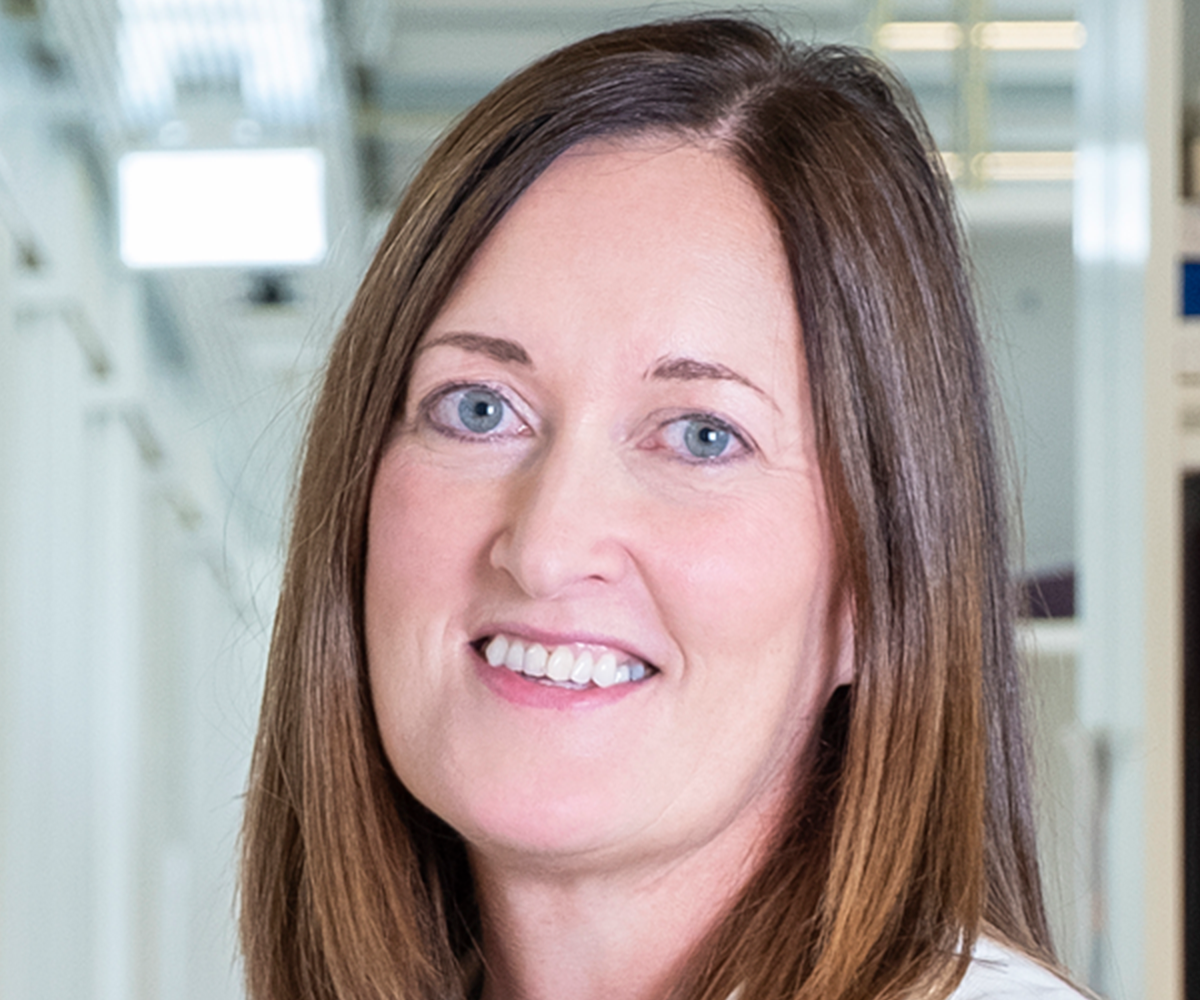
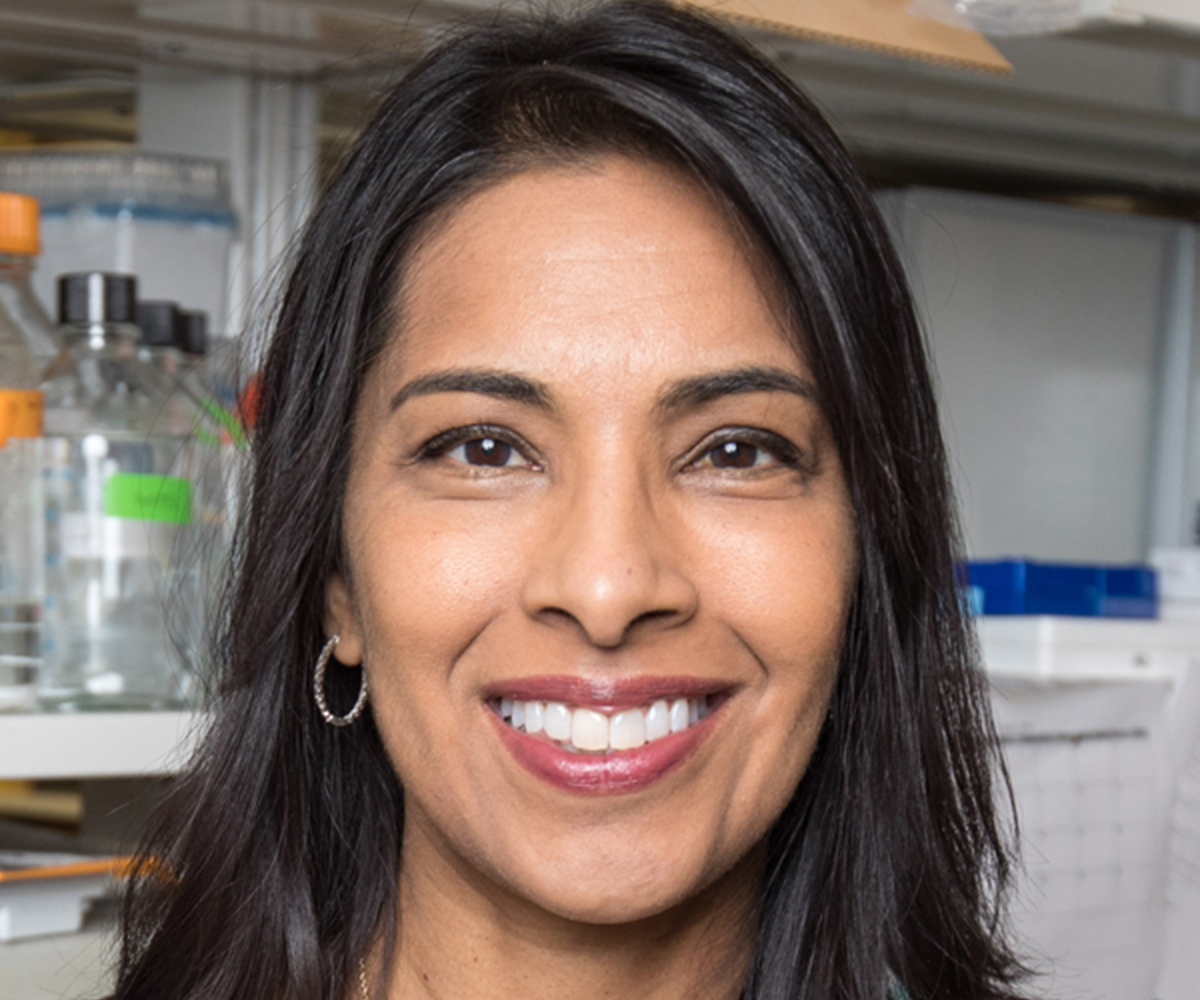
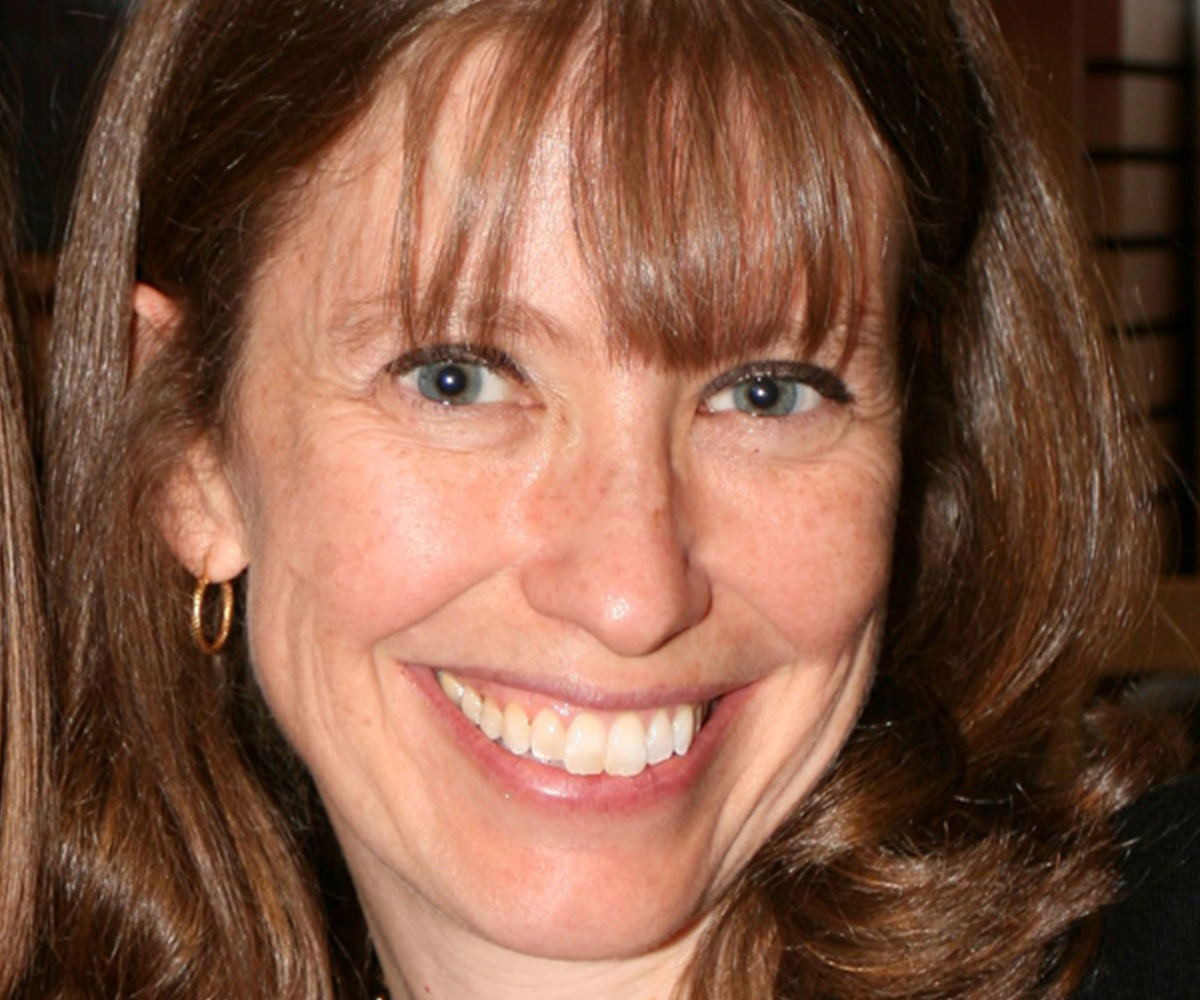
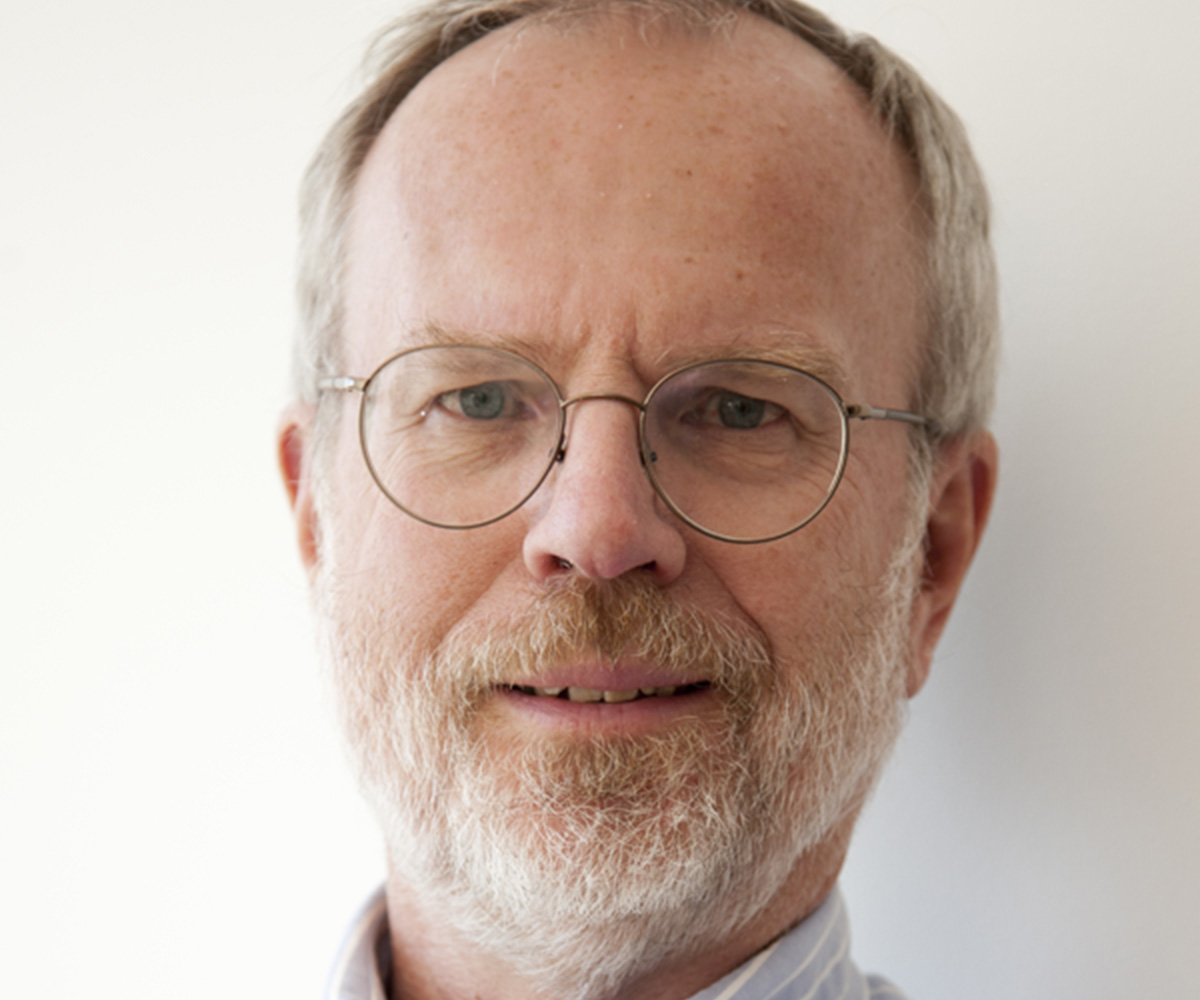
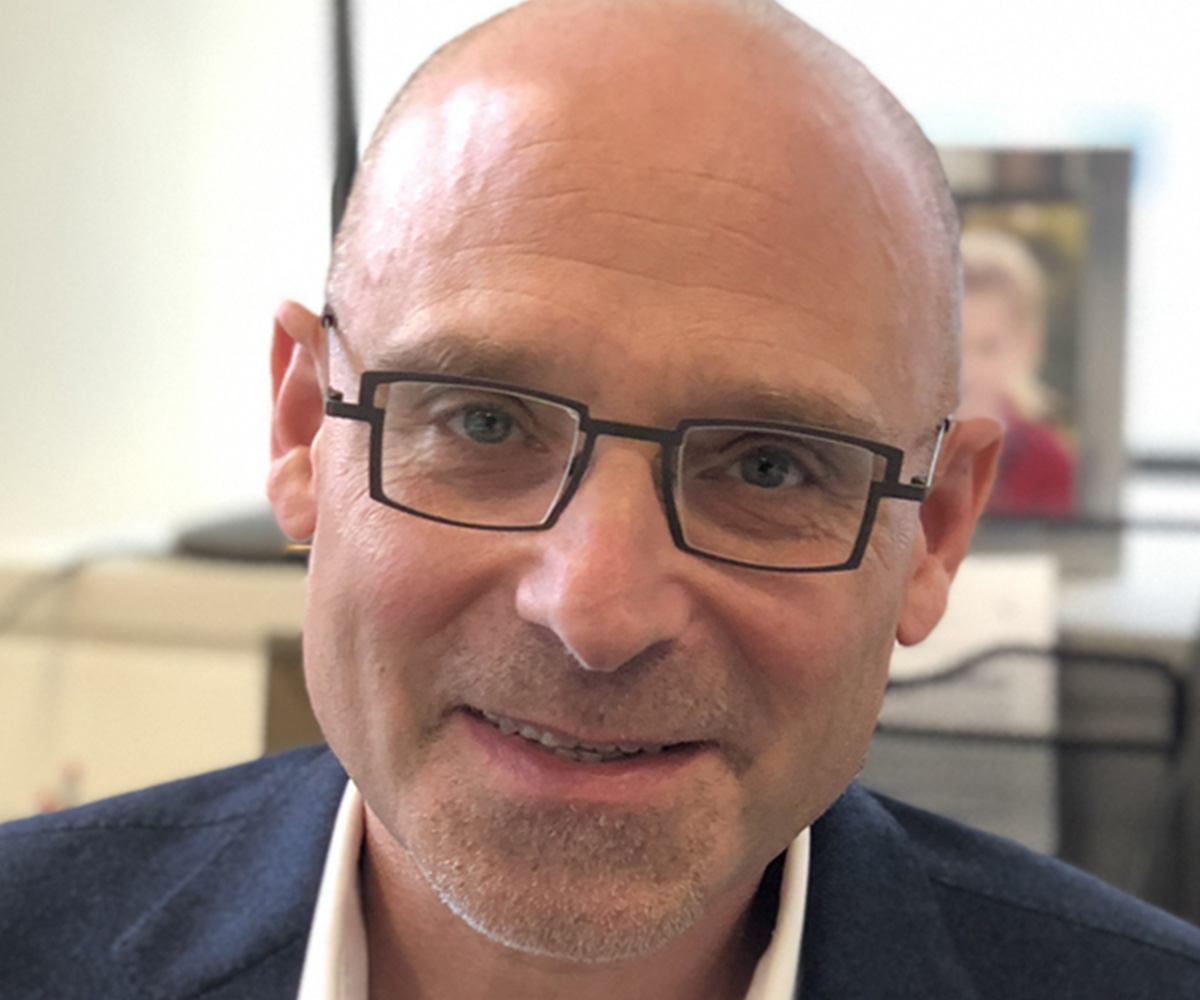
Five Ludwig Cancer Research scientists were elected Fellows of the Academy of the American Association for Cancer Research (AACR), class of 2024, in January. The Academy honors scientists whose contributions have fueled significant innovation and progress against cancer. Ludwig Lausanne Member Johanna Joyce was recognized for her contributions to our understanding of the microenvironment of primary and metastatic brain tumors, most notably their immune landscapes. Her work, the Academy noted, has uncovered “effective combination therapies targeting tumor-associated macrophages and microglia in brain metastases.” Ludwig MIT’s Sangeeta Bhatia was honored for work that is “improving the diagnostic and treatment strategies available for cancer patients” through her pioneering development of micro- and nanotechnologies for use across cancer diagnosis and therapy, drug delivery and tissue regeneration. Ludwig Stanford’s Laura Attardi was recognized for her “groundbreaking research dedicated to delineating p53 transcriptional networks, identifying novel p53 target genes critical for tumor suppression, and for characterizing dispensable DNA damage pathways for tumor suppression in the presence of robust p53 activity.” Her colleague Roeland Nusse, who is a Virginia and Daniel K. Ludwig Professor of Cancer Research at Stanford University, was honored for his investigations of the Wnt signaling pathway that span the initial discovery and purification of Wnt family proteins to the continued exploration of their biological functions in such processes as tissue regeneration and carcinogenesis—the latter “highlighted by his elucidation of the critical role of Wnt signaling in hepatocellular carcinoma.” Ludwig Harvard’s David Pellman was recognized for “illustrious contributions to the understanding of cell division functions such as spindle assembly and positioning, asymmetric cell division, and cytokinesis, which, when aberrant, contribute to genomic instability, for developing novel technologies such as single-cell genome sequencing, and for elucidating key regulatory mechanisms in genomic and organismal evolution.” Our warmest congratulations to them all.
Back to April 2024 Ludwig Link